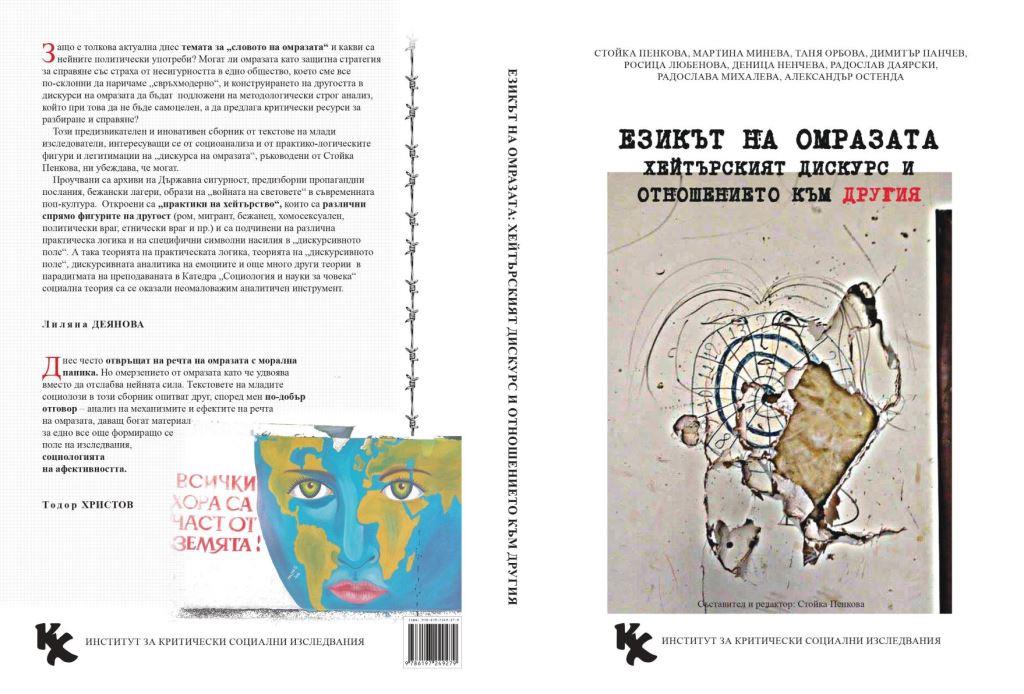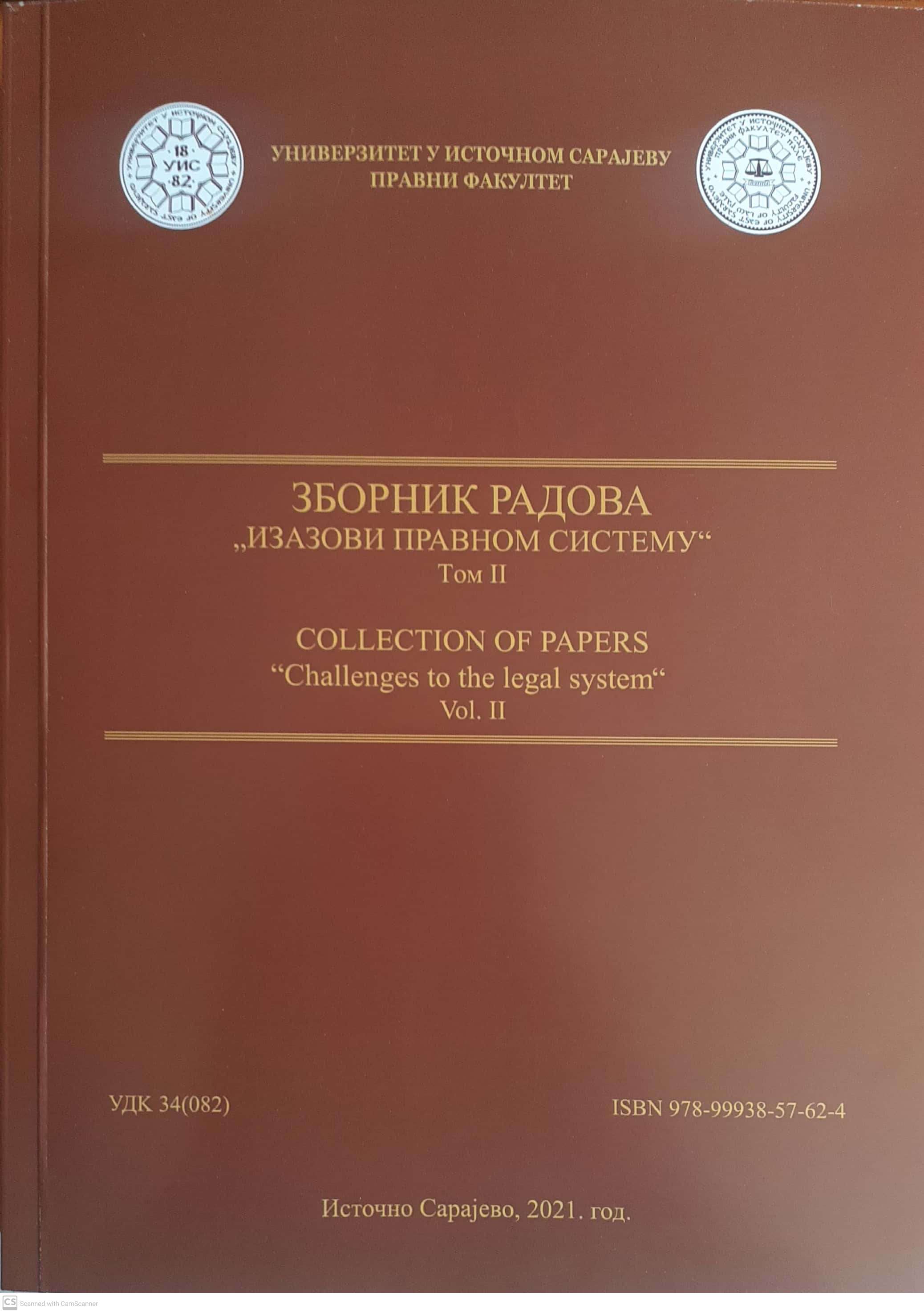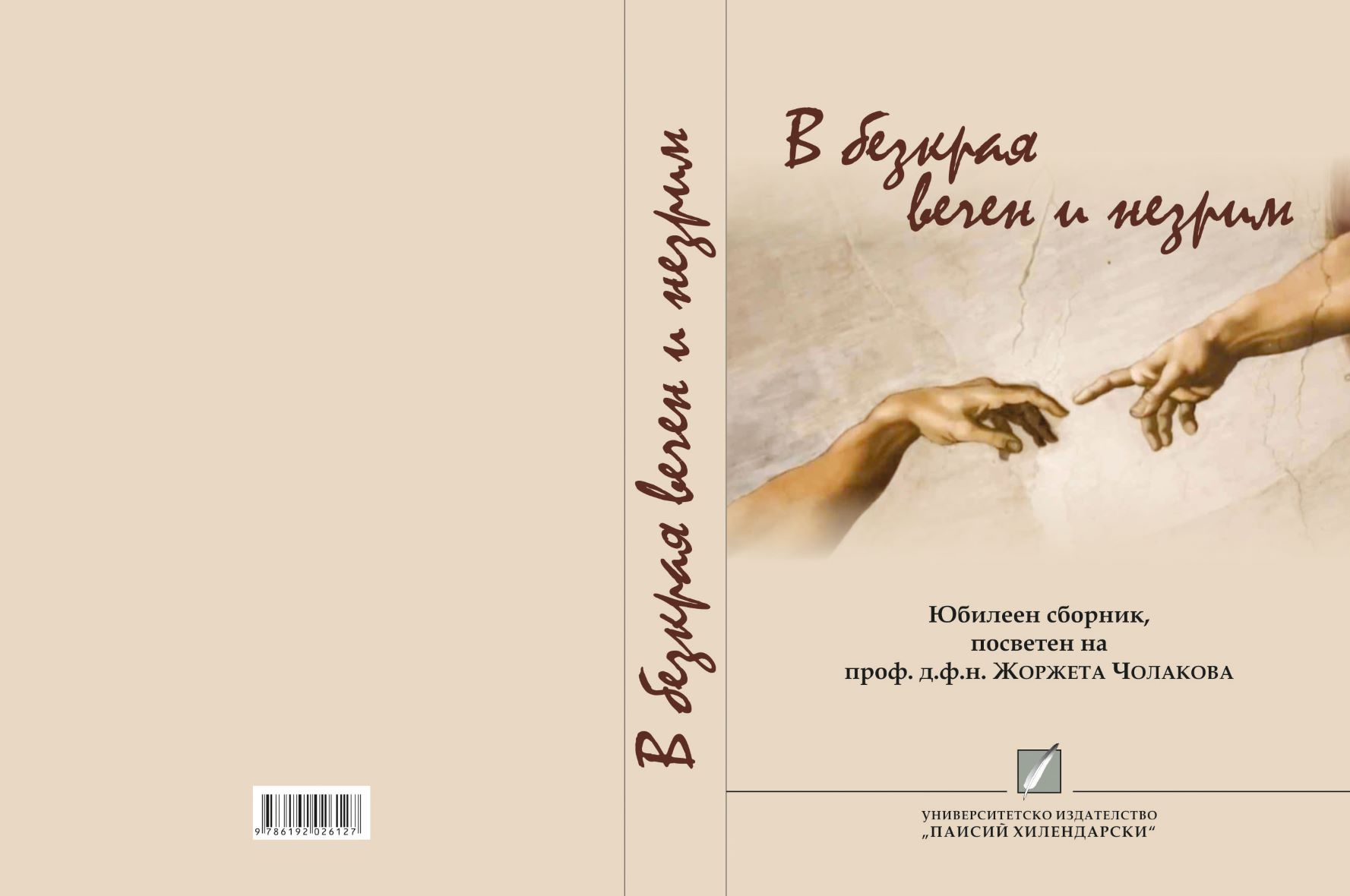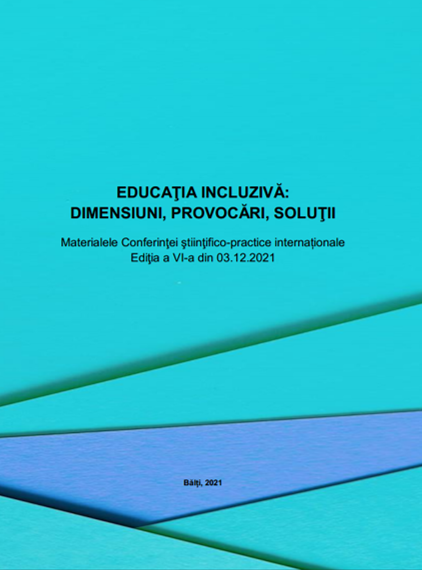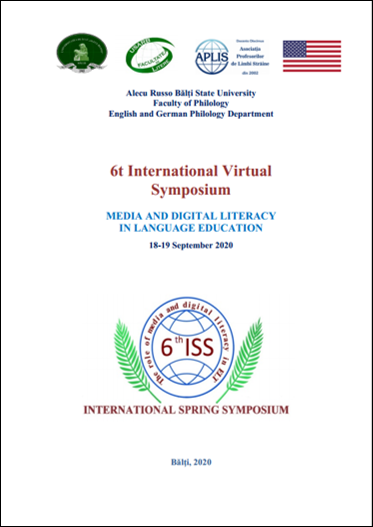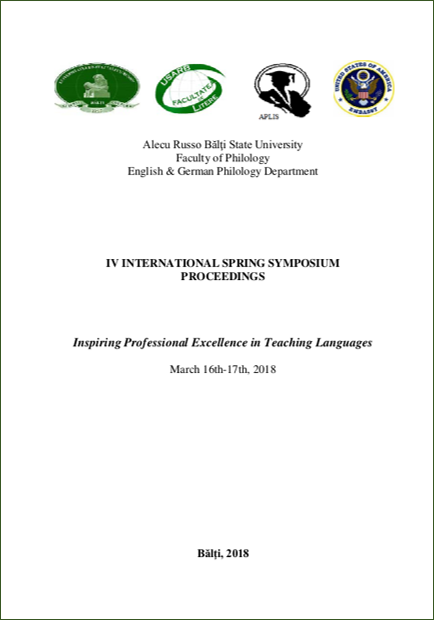
IMPLEMENTATION OF THE “NEW GENERATION SCHOOL TEACHER” PROJECT WITHIN THE CONTEXT OF UZHHOROD NATIONAL UNIVERSITY
One of the key fundamental changes in Ukrainian education made in the past five years is transforming foreign language teacher education system in Ukraine. The rationale behind the reform is training the 21 st century teacher who is regarded as the key figure capable of leading the educational reform. Since it is impossible to develop 21st century skills and competencies such as communication, critical thinking, creativity, a sense of innovation, etc. without teachers possessing those skills and competences by themselves, the teaching profession acquires paramount importance and calls for radical changes in teacher training sector. Since the ratification of the Association Agreement between Ukraine and the European Union in 2014, ongoing education reforms in Ukraine have resulted in launching the “New Generation School Teacher” project jointly initiated by the Ministry of Education and Science of Ukraine and the British Council Ukraine. Its primary focus is transformational change in the initial foreign language (English) teacher education system in Ukraine and establishing Pre-Service Foreign Language Teacher Training (PRESETT) Curriculum in Methodology for Bachelor’s level. The current paper addresses the main features and issues relating to the implementation of the “New Generation School Teacher” project within the context of Uzhhorod National University (English Philology department). Since the piloting start of the project in September 2017, there have been reported many positive developments in initial foreign language teacher training at the English Philology department relating to students’ and teachers’ learning outcomes. The Project has had a favourable impact on teaching practices of the whole department. The issue that needs to be addressed is the organization of school practice.
More...
